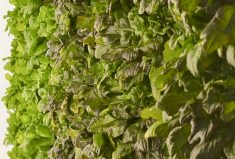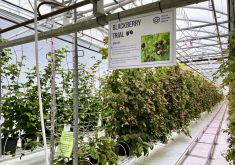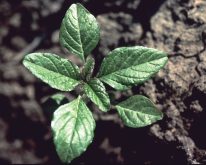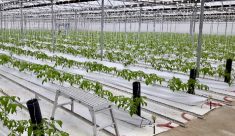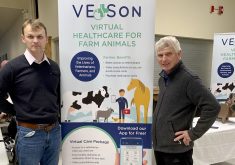Microsoft Research, with help from Agriculture and Agri-Food Canada, won the first Autonomous Greenhouse Challenge in 2018 with Project Sonoma — a system to operate greenhouses efficiently and reliably, while enabling greenhouse controls from remote areas.
Wageningen University and Research, in Wageningen, Netherlands, and corporate sponsor Trencent challenged researchers, scientists and experts to build the “greenhouse of the future.”
Microsoft Research’s team, led by principal research engineer Kenneth Tran, was successful against four other teams with collaborations from Agriculture and Agri-Food team members Xiuming Hao and Shalin Kosla. They created an agent that produced more than 55 kilograms of cucumbers per square metre.
Read Also
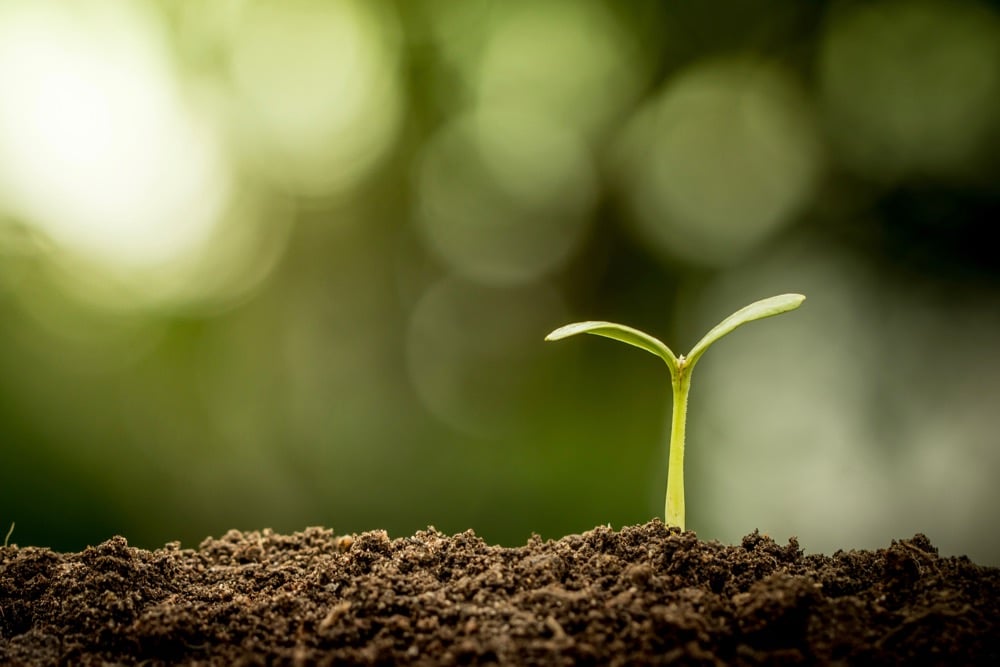
Ontario’s agri-food sector sets sights on future with Agri-Food 2050 initiative
The first-ever Agri Food 2050, a one-day industry event dedicated to envisioning the future of food and farming in Ontario,…
Why it matters: Project Sonoma uses artificial intelligence that helps greenhouse operators improve production and enables them to manage larger and more facilities.
There are strains within the food production system — such as growing populations. A possible solution to this issue can be found by running greenhouses without human intervention. This was the motivation for the competition.
Organizers asked participants to use artificial intelligence to help maximize cucumber production and minimize resources while managing the greenhouse remotely.
“When Wageningen University and Research organized this competition, we became excited because our research before was mostly from the theoretical machine learning perspective. I had not grown a crop physically yet. This opportunity allowed us to get our feet wet and really try something real,” Tran said at the 2019 Canadian Greenhouse Conference held in Niagara Falls October 9-10.

The Sonoma team’s AI algorithm takes into account all greenhouse factors including temperature, lighting, carbon dioxide, irrigation and computer optimal set points to control the enclosed climate.
“It will send the commands to the greenhouse (saying) ‘hey let’s change these settings’ on a very regular basis, every five minutes. A human grower cannot do that, it’s not realistic — machines do not need sleep.”
Motivation for the project came from the need for increasingly sustainable food production requiring efficiency and scalability.
Autonomy allows for accurate and precise growing conditions consistently. While the efficiency of the project provides greater yields and profit than previously experienced.
“Good growers are rare and hard to find, if we can replicate them and make them available globally, that is already a game changer. In our first trial, we already exceeded some of the top growers in the world by 17 per cent in net profit. Tahe potential to gain is huge.”
The AI within the Sonoma Project offers greenhouses the chance to expand and the ability to manage more and larger greenhouses.
“They [farmers] only need to focus on the crop management, not the climate control anyways, because the climate control can be done autonomously. They can manage multiple greenhouses at the same time from a remote location, they can be within a comfortable environment.”
It’s an early success and there is a lot more to come, says Tarn.
To find out more visit the Project Sonoma website.





